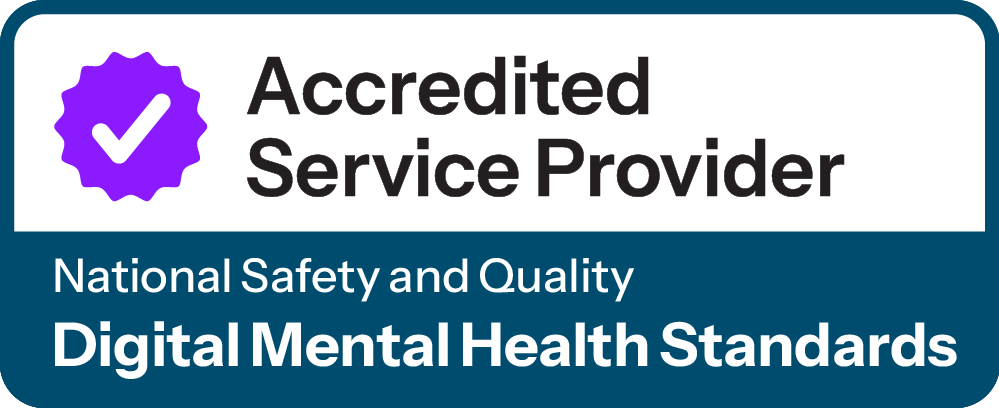
Young people’s stress burden and the impact on their wellbeing.
The last few years have not been easy for young people. From environmental disasters and remote learning and lockdowns, to the ongoing cost of living crisis and global conflict, young people are confronting an unprecedented set of challenges in their teenage and early adult years.
ReachOut’s 'What are you worried about?' Report seeks to better understand the issues that young people are experiencing and how their concerns impact on their mental health and wellbeing. The study also aims to examine what coping mechanisms young people are turning to to manage their mental health and shine light on the types of supports young people have identified as helpful.
The report draws a survey of 667 young people across Australia conducted by ReachOut.
Key youth mental health and wellbeing statistics
- Study stress (48%), stress about the future (44%) and cost of living (29%) were ranked the most concerning issues for young people.
- More than four in five of those identifying the future, study, or finances as a top concern experienced significant impacts on their mental health and wellbeing.
- These impacts range from disturbed sleep to poor concentration and mood.
- For each of the three top-ranked issues; the future, study, and money, young women reported greater impacts on them than young men, with over 85% of young women affected noticing a moderate to high impact on their wellbeing.
- Those aged 22-25, appear to fare worse than their younger peers, aged 16-21, in terms of their overall worry burden.
- The issues with the highest impact on young people’s mental health include family conflict, body image and feeling anxious.

('What Are You Worried About?', 2023, P.13)
How are young people coping?
Among the young people surveyed, the vast majority, nearly 97%, had adapted their daily habits to help them cope with the stresses they identified. From recreational activities such as shopping and spending time with family, to more specific wellbeing focused activities, such as relaxation and exercise, a high proportion of young people surveyed had taken steps to manage their mental health.
A surprisingly small proportion of young people (22%) had reported they used alcohol or drugs to help them cope with stress.

('What Are You Worried About?', 2023, P.28)
What types of support do young people need?
The majority of young people surveyed indicated they had needed some level of support to deal with their stresses over the past year. Three main components made up the support young people looked to in response to their worries, primarily:
- Direct connection - person-to-person support, including informal and formal sources
- Information - sources of advice and knowledge about support options
- Financial support to facilitate access to professional help.

('What Are You Worried About?', 2023, P.32)
Where to from here?
The findings of the study highlight both the scope of worries confronting young people growing up in Australia, and the impact of these concerns on their wellbeing.
Through this research young people have voiced the need for:
- More accessible and affordable mental health support
- Mental health education
- Financial aid and greater stability
- Stronger social connections
- Guidance and mentoring
Hear from the experts
We hosted an one-hour online event, exploring the unique mental health and help seeking challenges faced by young people. Our panel of experts dissected the report's findings and discussed the potential of digital service provision strategies for young people nationwide.
Host: Sophie Scott
Panellists:
- Ashley de Silva, CEO, ReachOut
- Rashida Dungarwalla, Founder and Head Psychologist, Flow State Space
- Tiara De Silva, Board Director, ReachOut
Watch the recording from the online event below.






